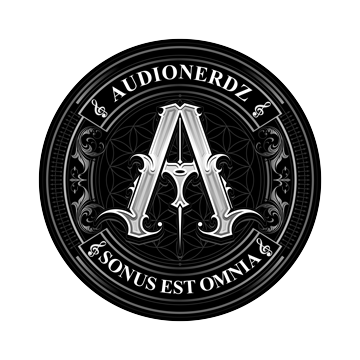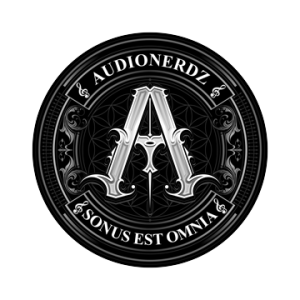
Audionerdz Free Copyright School
Learn Your Rights and ResponsibilitiesThis article serves as a one-stop shop for Artists, Labels, and DJs who want to play the game by the rules and stay compliant with copyright law.
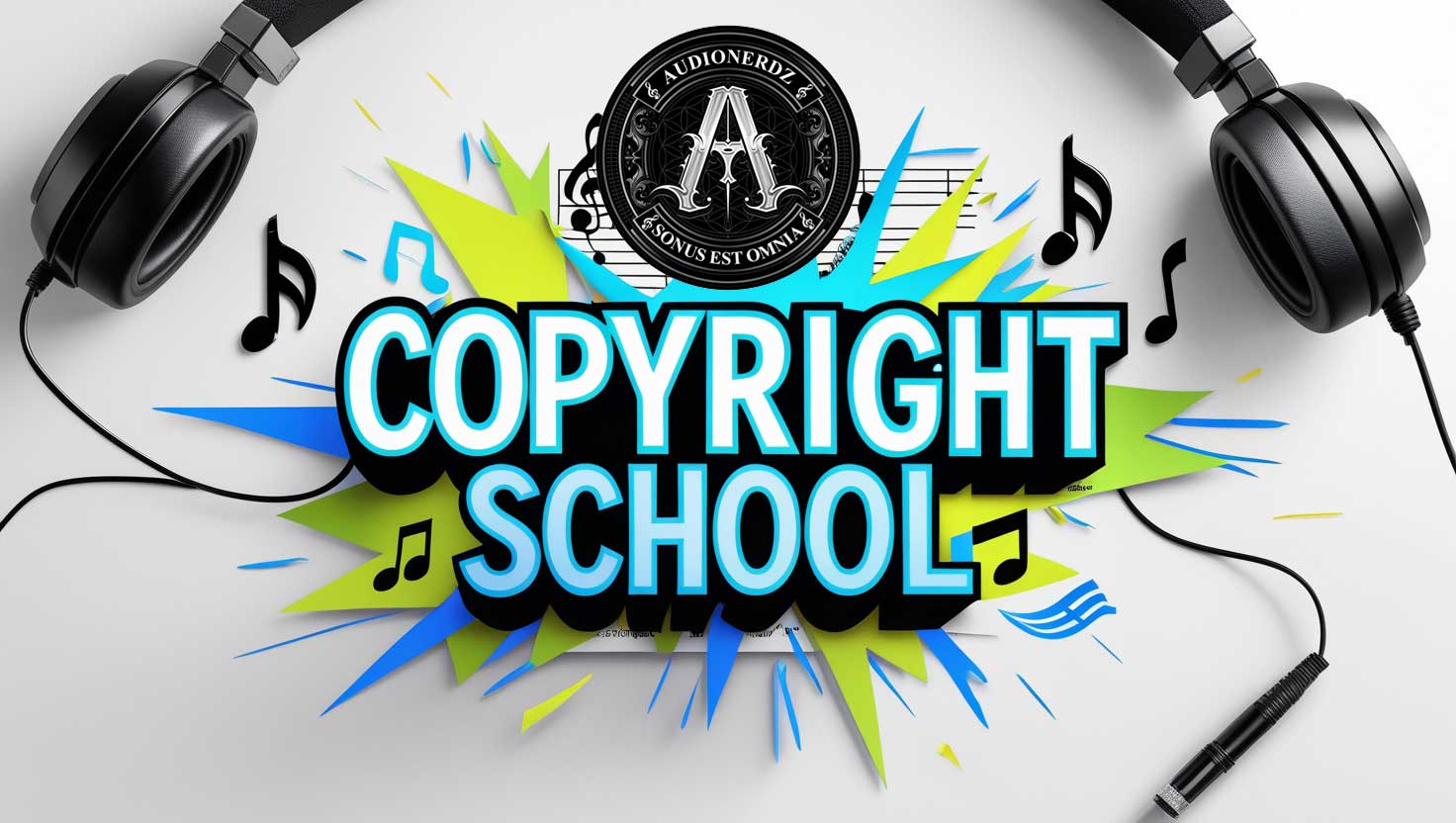
Introduction
In the world of electronic music, understanding copyright is essential for any artist, DJ, or label looking to protect their work and ensure fair revenue. Whether you’re producing mind-bending high-tech psytrance, deep and melodic psytrance, or any other subgenre, knowing your rights and responsibilities can make the difference between success and being taken advantage of. In this post, we will break down the crucial aspects of copyright law tailored specifically to the electronic music industry, highlighting key issues that artists, labels, and DJs need to understand in order to safeguard their creativity.
What Is Copyright and Why Does It Matter?
At its core, copyright is a legal protection granted to the creators of original works, including music, lyrics, sound recordings, artwork, and more. It gives creators exclusive rights to their work, meaning that no one can reproduce, distribute, or perform it without permission. For artists and labels in electronic music, having these protections is vital for making sure that your tracks, remixes, and even live performances aren’t used without your consent or fair compensation.
For those working in genres like high-tech psytrance and psychedelic trance, copyright isn’t just about protecting your compositions but also the unique sounds, effects, and mixes that make up the intricate layers of your music.
Types of Copyright in Electronic Music
Electronic music is a highly collaborative field where artists often work together, remix, or sample other works. Understanding the different types of copyright that apply to your music is key to protecting your rights.
Musical Composition vs. Sound Recordings
The first distinction you need to understand is between the two main types of copyright in music: musical compositions and sound recordings.
- Musical Composition refers to the written elements of the song—this includes the melody, harmony, and lyrics (if any). In the context of electronic music, this can also include the arrangement and any original synthesizer patches or beats that define the track.
- Sound Recording refers to the actual recorded version of the music. This is where a lot of electronic music production happens. Your track, as it exists in its final form (the rendered mix or master), is covered under this type of copyright.
As an electronic music artist, it’s important to make sure both the composition (your music) and the recording (the final product) are properly protected.
Performing Rights Organizations (PROs)
One of the most crucial elements for artists in any genre is registering with a Performing Rights Organization (PRO) like ASCAP, BMI, or PRS. These organizations monitor public performances of your music—whether it’s being played at a club, festival, on the radio, or streamed online—and collect royalties on your behalf.
As a DJ or live performer, you’ll need to be aware that these PROs also track your live performances and radio plays. For example, if your track is played at a festival or nightclub, the venue is typically required to pay a licensing fee to a PRO, which is then distributed to the artists.
DJs and Their Copyright Responsibilities: No Monetization Without Permission
DJs are often at the forefront of music culture, but when it comes to monetizing music—whether through live performances, remixes, or online mixes—it’s essential to understand that copyright law does not grant you the automatic right to use or profit from another artist’s work without permission. In fact, monetizing copyrighted music without explicit authorization from the copyright holder is illegal.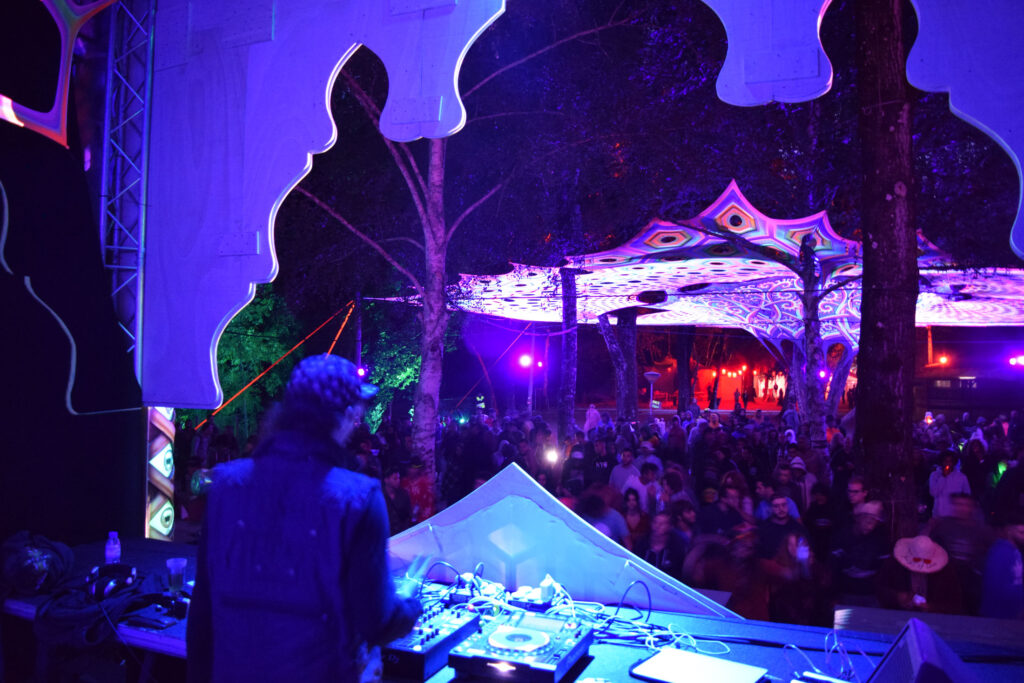
You Have No Right to Monetize Without Permission
In copyright law, the owner of the work—whether it’s the artist, record label, or publisher—holds the exclusive rights to that work. This includes the right to reproduce, distribute, and publicly perform the work. As a DJ, you cannot legally monetize or profit from any track without obtaining the appropriate license or permission.
For example, if you are:
- DJing at a club or festival: While the venue may have a public performance license with a Performing Rights Organization (PRO), this license typically covers the venue, not individual DJs. This means that you still need permission from the copyright holder to perform or stream specific tracks.
- Creating a live mix or DJ set for online distribution (e.g., on YouTube, SoundCloud, or a podcast): Unless you have explicit permission from the copyright holders (the original artists, labels, or publishers) or the tracks are properly licensed for such use, you cannot legally monetize this content. Platforms like YouTube use Content ID to detect unlicensed music and may block or demonetize your videos automatically if they detect copyrighted material.
Sampling and Remixing: Still Not Your Property
Many DJs work with samples or create remixes of existing tracks. However, in both cases, copyright law treats these as derivative works, which require permission from the original copyright holder.
If you sample a track or remix a song, the original creator(s) and copyright holder(s) of that work retain their rights over it. You must obtain clearance or licensing to use the original track or elements of it. Without that explicit permission, you’re infringing on their copyright and could be subject to legal action, including takedowns and potential financial penalties.
The Importance of Copyright Licenses
The proper way to legally DJ and profit from your performances or mixes is to ensure you have obtained the necessary licenses. There are several ways to do this:
- Public Performance License: Many PROs like ASCAP, BMI, and PRS for Music provide licenses for public performances. However, these licenses typically only apply to venues, not individual DJs. DJs must check with the venue and confirm if they have the required licenses to cover all the tracks being played. If not, the DJ may need to secure a personal license.
- Mechanical Licenses: For DJs releasing mixes or compilations containing original tracks, you must obtain a mechanical license from the copyright holder or a licensing agency. This grants you the right to reproduce and distribute the tracks.
- Sync Licenses: If you’re using a track in a video, like for a promo or live stream, you need a sync license to legally monetize it. This license allows you to synchronize the music with the visuals and distribute it for profit.
Why Ignoring Copyright Laws Can Lead to Legal Trouble
The consequences of failing to respect copyright law can be severe. DJs who illegally monetize music without obtaining the proper licenses can face:
- Takedown notices: Platforms like YouTube and SoundCloud may remove your mixes, sets, or videos for violating copyright.
- Monetary penalties: If you’re caught using music without proper clearance, you may be required to pay statutory damages, which can range from thousands to millions of dollars, depending on the severity of the infringement.
- Reputational damage: In the tight-knit electronic music community, having a history of copyright violations can significantly harm a DJ’s reputation, making it harder to collaborate with other artists, labels, and venues.
Key Takeaways for DJs:
- Don’t assume you have the right to play or remix any track without proper licenses or permissions.
- You cannot monetize any track, remix, or DJ set without explicit permission from the copyright holder.
- Always seek clearance before using someone else’s music, whether it’s for a live performance, online mix, or recorded content.
- Respect copyright law—it’s there to protect both you and the original creators.
By following these guidelines and ensuring you are in full compliance with copyright laws, you can protect both your work and the work of the original artists, fostering a sustainable and fair music ecosystem.
Sample Clearance
If you’re sampling tracks from other artists in your live sets or mixes, clearing these samples is non-negotiable. Without clearance, you risk infringing on the copyright holder’s rights, leading to potential lawsuits, takedowns of your tracks, or even your music being banned from platforms like SoundCloud, YouTube, or Spotify. For high-tech psytrance artists, who often blend experimental sounds and samples from other genres, sample clearance is especially important.
Music Labels: Copyright Ownership and Responsibilities
Music labels play a key role in the electronic music industry, especially for artists in niche genres like psychedelic trance. However, the ownership of rights between an artist and a label should be clearly defined in a contract. Labels typically handle the distribution and promotion of your tracks, but you need to understand what rights you’re signing over and for how long. Many artists mistakenly sign away too many rights, only to find themselves stuck in an unfair deal.
A fair contract will specify:
- Copyright ownership: Who owns the rights to the music? Is it the artist or the label?
- Revenue sharing: How will royalties be split between the artist and the label? This includes streaming royalties, mechanical royalties, and performance royalties.
- Licensing and merchandising: Who has the right to license the music for TV, films, or commercials? Can the label also use your name, image, or music for merchandise?
Understanding these aspects will ensure you’re not left with little to show for your hard work.
How to Protect Your Music
The first step in protecting your work is registering your copyright. While copyright is automatically granted upon the creation of a work, registering it provides additional legal benefits, including the ability to sue for statutory damages if someone infringes on your rights.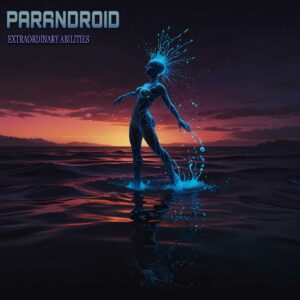
For electronic music, registration should include both the musical composition and the sound recording. This can be done through your country’s copyright office or via services like SoundExchange for digital performances.
Another method of protection is digital watermarking. Many platforms now use watermarking or audio fingerprinting to track music usage online and ensure that the original artist is credited.
Conclusion
For artists, DJs, and labels working in the electronic music scene, especially genres like high-tech psytrance and psychedelic trance, understanding copyright is critical for protecting your creativity and income. By being informed about your rights—whether it’s related to your compositions, sound recordings, live performances, or remixes—you can navigate the industry with more confidence and avoid potential pitfalls.
Remember, the landscape of copyright is complex, and getting it wrong can have serious consequences. Take the time to educate yourself, seek advice when needed, and always ensure that your rights are clearly defined in contracts and agreements.
For more detailed information, check out the links below to important resources for artists, labels, and music professionals
By staying informed, you’ll be better equipped to protect your work and focus on what truly matters: creating the music that moves the world.
Resources:
1. Copyright Basics and Music Rights
- U.S. Copyright Office
Learn about the basics of copyright law in the U.S., registration, and more. - Creative Commons Music
Offers free-to-use music with various licenses. Learn how to use Creative Commons-licensed music. - Music Rights Organizations: BMI
A major music rights organization where producers and musicians can register their works. - PRS for Music
A UK-based organization that handles rights for songwriters and producers.
2. YouTube Copyright Resources
- YouTube Copyright Center
Learn about copyright claims, Content ID, strikes, and how to protect your work on YouTube. - YouTube’s Takedown Process
Detailed information on the steps to take if your content is wrongfully claimed or if you’re filing a takedown request. - YouTube Music Policies
Check whether specific songs are monetizable or eligible for copyright claims on YouTube.
3. Understanding Copyright Strikes
- YouTube Copyright Strikes and Takedowns
YouTube’s official guide to understanding strikes and takedown notices, including how to file an appeal. - Understanding YouTube’s Content ID
A breakdown of how Content ID works, how to register music, and how to avoid claims.
4. Licensing and Fair Use for DJs
- Fair Use Explained
An explanation of fair use laws, including how they apply to remixing and DJing. - How to License Music for Commercial Use
A guide for licensing music for commercial purposes like DJ performances and remixes. - Sample Clearance for DJs
An article explaining how DJs can clear samples for legal use in their mixes.
5. Free Music and Royalty-Free Music
- Free Music Archive
A resource for free, royalty-free music, including tracks for DJs to use in mixes or remixes. - Jamendo
Offers free-to-use music under Creative Commons licenses, with options for commercial licensing. - Artlist
A platform offering royalty-free music with commercial licensing available.
6. Educational Platforms for DJs and Producers
- AudioNerdz Academy
Platform where DJs and producers can learn about music production, copyright issues, and more. - Berklee Online Music Business Course
Take an online music business course, including copyright, royalties, and legal considerations for artists. - Coursera – Music Business Specialization
Offers a series of courses covering copyright, music licensing, and the business of music.
7. DJ Copyright Consultaion
- You are a Dj and want to do your craft in compliance or need consultation? We are here for you! https://audionerdz.net/product/audionerdz-creative-consultation-hub/
8. Tools and Software for Music Licensing and Copyright
- Tunecore
A digital music distribution platform that also helps with music licensing and copyright management. - TuneBat
Provides royalty-free music analysis and metadata for DJs to ensure they are using properly licensed tracks. - DistroKid
A music distribution service that can help artists protect their rights by registering their music and managing royalties.
9. Webinars and Workshops on Copyright for DJs
- LegalZoom: Music Copyright Workshop
Attend live workshops and learn how to manage your music rights legally. - Music Business Worldwide Webinars
Offers industry-specific webinars about copyright and music business issues.
Get Consultation Now

You are a DJ looking to work in compliance with Copyright Law? A producer who just found out that his music was used without permission? You came to the right place.
We offer Consultation and information to professionals from the industry to help them reach favorable outcomes quickly and efficiently and connect them to copyright law professionals if necessary. Initial Consultation is FREE,
